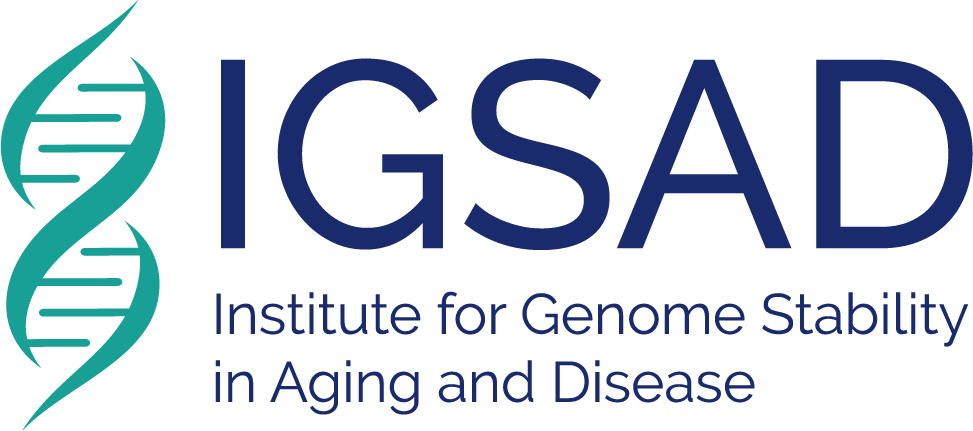![]()
Scientists from Cologne and Münster investigate how DNA damage triggers the development of age-related diseases / Results could help to prevent age-related diseases
The German Research Foundation (DFG) appropriated the new research group FOR 5504 on Physiological Causes and Consequences of Genome Instability that will investigate how damage in the genome affects the organism and triggers disease. The research group is funded by the DFG for four years, with a possible extension for another four years. The consortium of scientists at the University of Cologne, the University Hospital Cologne and the Max Planck Institutes for Biology of Ageing in Cologne and for Molecular Biomedicine in Münster are committed to understand the causes and, above all, the consequences of genome damage in the entire organism. 'We expect to make significant progress in understanding the fundamental mechanisms by which DNA damage, which occurs every day, causally contributes to a wide range of diseases,' said the spokesperson of the research group, Professor Dr Björn Schumacher of the University of Cologne.
The stability of the genetic material is of fundamental importance for the functioning of cells and tissues, because it contains all the information about the structure and function of a living being. However, DNA is incessantly damaged, even by normal metabolic products, and must therefore be constantly repaired. If not properly repaired, premature ageing occurs with the early outbreak of age-related diseases such as Cockayne syndrome, Trichothiodystrophy or XFE progeroid syndrome. Affected patients already develop diseases in childhood that normally only appear in old age. These include neurodegeneration, arteriosclerosis, cardiovascular diseases or kidney failure among other pathologies.
Such diseases are very complex, because DNA damage that cannot be repaired affects a multitude of biological processes in the body, which the scientists now want to investigate. The focus here is on changes in the genome that affect the structure of the DNA or transcription process, i.e. the reading of genes. In order to better understand the effects in the entire organism, the scientists will also use the nematode as a simple model. But evenly, the research group will investigate how complex organs in higher organism react to the accumulation of DNA damage in old age ad how organ-specific diseases develop as a result.
By understanding the basic mechanisms of genome stability, the scientists hope to develop new therapeutic approaches for the chronic diseases that are rising sharply in our ageing society, ranging from dementia to chronic kidney diseases and cardiovascular diseases.
Media Contact:
Professor Dr Björn Schumacher
Institute for Genome Stability in Aging and Disease
Faculty of Medicine, the University of Cologne
CECAD Research Center
+49 221 478 84202
bjoern.schumacher[at]uni-koeln.de
Press and Communications Team:
Robert Hahn
+49 221 470 2396
r.hahn[at]verw.uni-koeln.de

